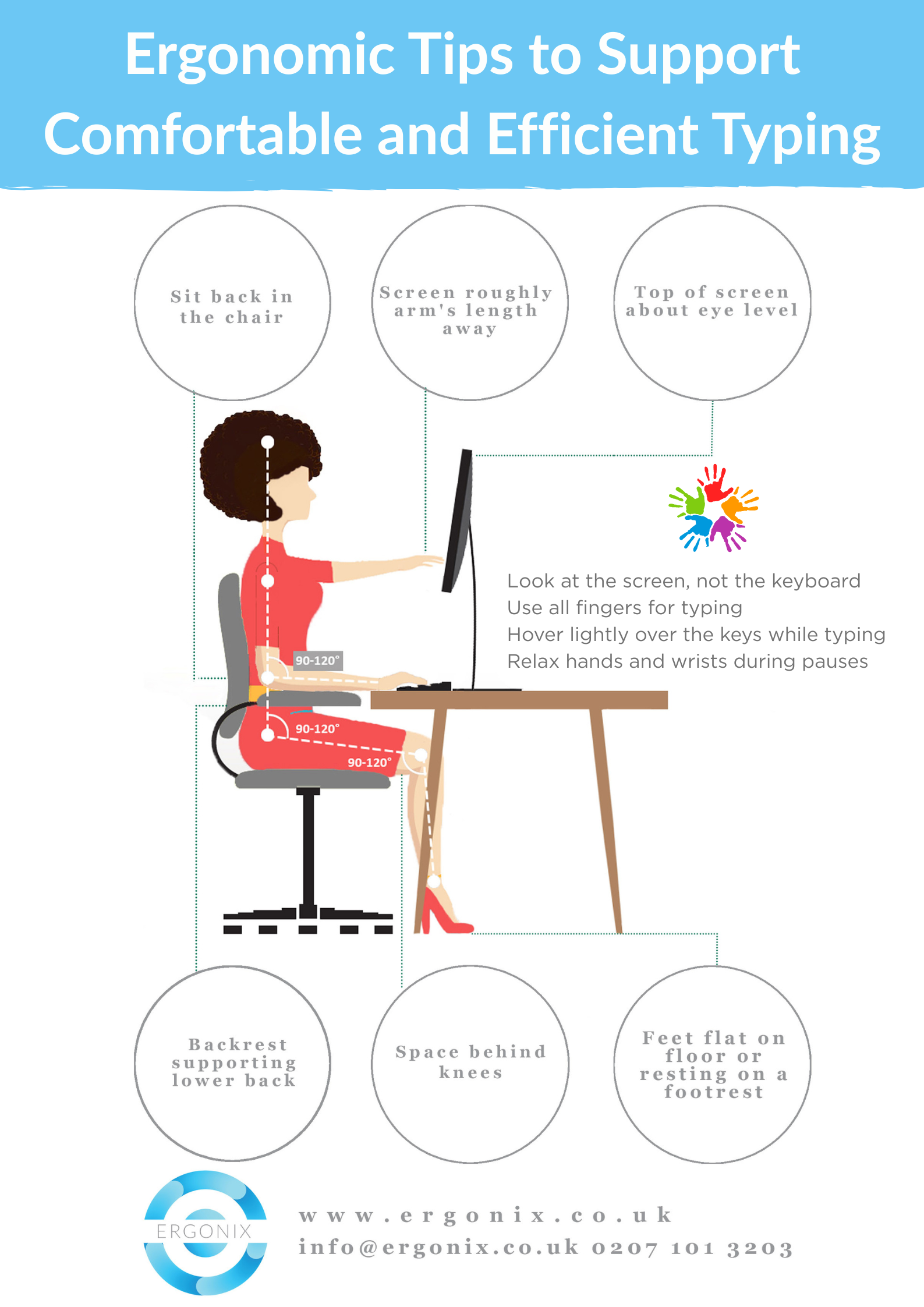 One of the country’s leading endometriosis specialists has said that communication is key when it comes to employers supporting members of staff who have been diagnosed with the condition.
One of the country’s leading endometriosis specialists has said that communication is key when it comes to employers supporting members of staff who have been diagnosed with the condition.
Colin Davis, fertility and gynaecology consultant at The Evewell in London, believes it’s vital that people with endometriosis, who may need time off due to the effects of the condition or for treatment, are transparent with their employers to ensure they can be supported in the most appropriate way.
Employers should then be receptive to the support that is required, recognise endometriosis as a chronic condition which can be extremely difficult to manage and put a plan in place to make sure the needs of the employee are accommodated as much as possible.
When asked by Ergonix, an independent ergonomics consultancy specialising in workplace ergonomics, Mr Davis, said:
“Around one in 10 women will suffer from endometriosis and it can have a significant effect on patient’s lives, including taking time off work due to sometimes severe symptoms and the treatment needed to alleviate it.
It can mean that their usual tasks in the workplace or their hours of work may not be achievable and, whilst it can be a difficult subject for women to talk about, it’s vital to open up the lines of communication with an employer from the outset. Once the discussions are started, you will find that many employers are sympathetic and understanding.”
Endometriosis is a condition that sees tissue similar to the lining of the uterus – the endometrium – grow elsewhere in the body. These cells react to the menstrual cycle each month but instead of breaking down and leaving the body, they can remain in the pelvic area and cause pain and inflammation.
Symptoms of endometriosis can include chronic pain, painful, heavy, or irregular periods, painful bladder and bowel movements, pain during or after intercourse, infertility and fatigue. It affects around 1.5 million women in the UK.
Whilst endometriosis is not recognised as a disability in the UK, employment laws do state that an employee has the right to ask for reasonable adjustments to be made to their tasks and workload if they suffer from a chronic condition that affects their ability to work. This includes time off for appointments and treatment, a change to duties, flexible hours, and home working if possible.
It’s also important that a communication plan is put in place to make sure people within the business or organisation who are affected by any changes are notified of the reasons why, but in a way that is sensitive to the employee in question.
Mr Davis, who has worked as a consultant for more than 20 years, also praised a recent parliamentary report into the condition, which highlighted how endometriosis care and diagnosis needed urgent improvement across the UK. He believes that it will help to empower women to speak up about the condition, push for testing and seek support in the workplace.
He added: “Whilst the report won’t change the nature or severity of endometriosis itself, it has given a real sense of the gravity and magnitude of the condition and the true effect it can have on those who are living with it.
“Being armed with knowledge about the condition can give women the confidence to speak to their GP and ask for it to be investigated as a possible cause of their symptoms. Once diagnosed and with a treatment plan in place, this knowledge then goes hand in hand with them being more confident to speak to their employer. This will take away the taboos around the subject and make women feel more empowered.
“It is about creating a general culture of transparency within the workplace, where employees feel comfortable discussing the condition with employers so that, in turn, employers have the knowledge about how they can help. The receptiveness from employers is vital to ensure women suffering from the condition feel comfortable, valued and supported in the workplace.”
For more information about endometriosis and to get support around living with the condition, visit Endometriosis UK.
For more information about The Evewell Clinic visit their website or call 020 3974 0950.







